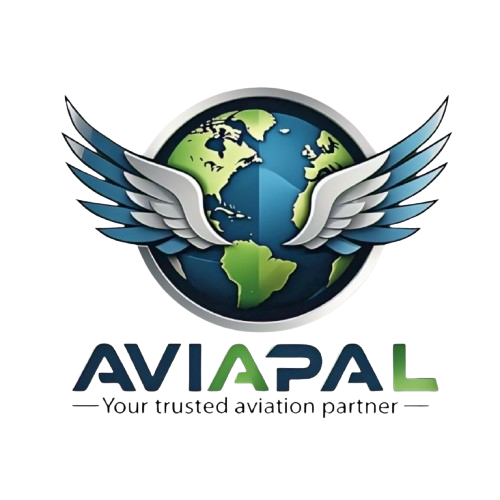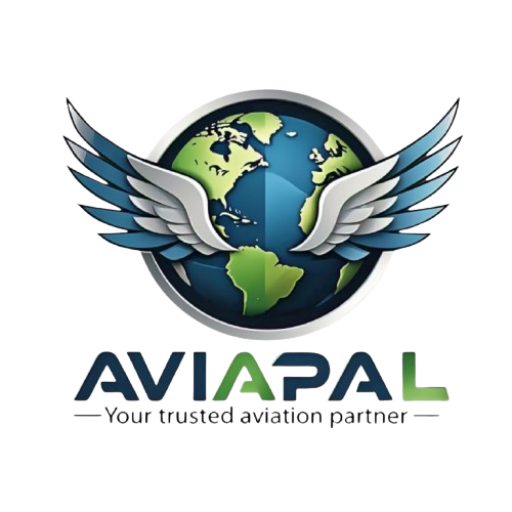Infectious Diseases
The management of infectious diseases in the oil and gas industry is essential to protect the health and safety of workers, especially in remote locations where outbreaks can have significant consequences. Compliance with international health standards, such as the World Health Organization (WHO) guidelines and Occupational Health and Safety Administration (OSHA) protocols, ensures a proactive approach to minimizing the spread of infectious diseases. Effective management practices include proper medical screening, vaccination programs, and isolation measures, which help prevent outbreaks from disrupting operations. Due to the global mobility of workers in the oil and gas sector, ensuring adherence to international travel health regulations is critical to mitigate cross-border transmission. Audits and assessments of health and safety management systems help verify compliance with these standards, ensuring rapid response capabilities in case of an outbreak. Employers are also required to provide ongoing training to employees on hygiene practices, symptom recognition, and reporting protocols to reduce the risk of disease transmission. By prioritizing the management of infectious diseases, oil and gas companies not only protect their workforce but also maintain operational continuity, complying with industry regulations and minimizing the impact on local communities.
Collaborative Approach with Key Authorities
To effectively address aviation accidents, emergency response, and search and rescue operations, it’s essential for all stakeholders to work together seamlessly. AviaPal Consultancy, in collaboration with the Civil Aviation Authority, the Ministry of Works and Transport, and other relevant institutions, ensures the development and implementation of coordinated systems that help operators prepare for and respond to emergencies.
Joint Training and Drills
AviaPal Consultancy organizes joint training sessions, exercises, and mock drills involving multiple stakeholders. These drills simulate real-life scenarios, ensuring a swift and efficient response in actual emergencies.
Development of Regulatory Frameworks
In collaboration with regulatory authorities, we help create and implement aviation regulations that support effective accident investigations, emergency response, and SAR operations.
Operational Guidance for Aviation Operators
We provide tailored consultancy services to aviation operators, guiding them in the implementation of effective ERP systems, accident investigation protocols, and SAR operations. Our goal is to make sure organizations are always prepared for any crisis, and that they comply with national and international regulations.
Ongoing Support and Crisis Management
After an incident, AviaPal Consultancy offers ongoing support to operators and regulatory bodies, providing post-crisis management services and strategies to prevent future occurrences.
Global Expertise, Local Solutions
With decades of combined experience in the aviation sector, our team brings together global best practices and regional insights to ensure that emergency response systems are not only effective but also aligned with local resources and regulatory frameworks. Whether you’re an operator, regulatory body, or government agency, we provide the knowledge, tools, and training needed to build a robust, responsive aviation system.

